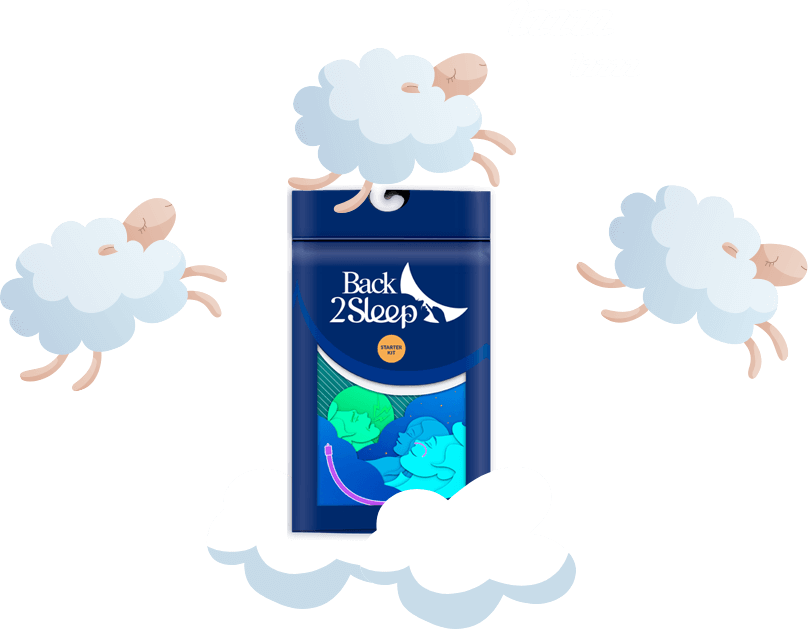Sleep apnea (SAS) is manifested by involuntary interruptions of breathing during the night. Responsible for several complications such as cardiovascular disorders and high blood pressure, some American, Canadian and Chinese studies indicate that sleep apnea increases the risk of stroke strong> (AVC).
Increased risk of stroke in patients with sleep apnea
Separate teams of American, Canadian and Chinese researchers have found a link between sleep apnea and stroke risk. About 30,000 people were followed to carry out this research. Researchers accompanied them for several years.
All selected individuals suffered from sleep apnea syndrome. The results of these various studies attest that people affected by involuntary breathing disorders at night have an increased chance of contracting a stroke during their lifetime.
Some figures indicate that men with apnea are twice as likely to have a stroke as others. Women are less prone to the risk of stroke following sleep apnea. It is only when their apnea is very severe that an increased risk of stroke appears.
Some of the results obtained by other teams are even more worrying. According to them, the risk of suffering from a stroke following an SAS would be multiplied by three, even by four. In addition, these studies show that the more severe the sleep apnea, the greater the risk of stroke. Thus, a person with more than twenty involuntary interruptions of breathing per night is 3 times more likely to have a stroke than an individual with only 5 sleep apnea attacks during the night. p>
An even more surprising result indicates that a patient experiencing more than 20 interruptions per hour runs the risk of developing a stroke within four years of the first episodes of sleep apnea.
How to explain the correlation between sleep apnea and stroke?
In addition to showing the correlation between sleep apnea and the risk of stroke, researchers have tried to understand what could account for this link. The scientific teams have put forward two different hypotheses that could explain what makes sleep apnea a risk factor for stroke.
The first hypothesis takes into account the fact that during involuntary interruptions of breathing during apnea attacks, the rate of oxygen reaching the brain decreases significantly. In response to this partial oxygen deprivation, the brain responds with an increase in blood pressure. This recurrent high blood pressure can lead to vascular damage and cause strokes.
Another approach states that during episodes of sleep apnea attacks, the body secretes high levels of adrenaline in response to violent micro-awakenings. Adrenaline is also a blood clotting factor. Blood clotting promotes the formation of micro-clots in the brain and forms vascular plugs. These promote and increase the risk of stroke.
These studies show the importance of treating sleep apnea syndrome. It is estimated that 10% of people suffer from involuntary interruption of breathing at night worldwide. These results demonstrate that the treatment of SAS is a real public health emergency.
Find out more:

- Choosing a selection results in a full page refresh.
- Opens in a new window.







